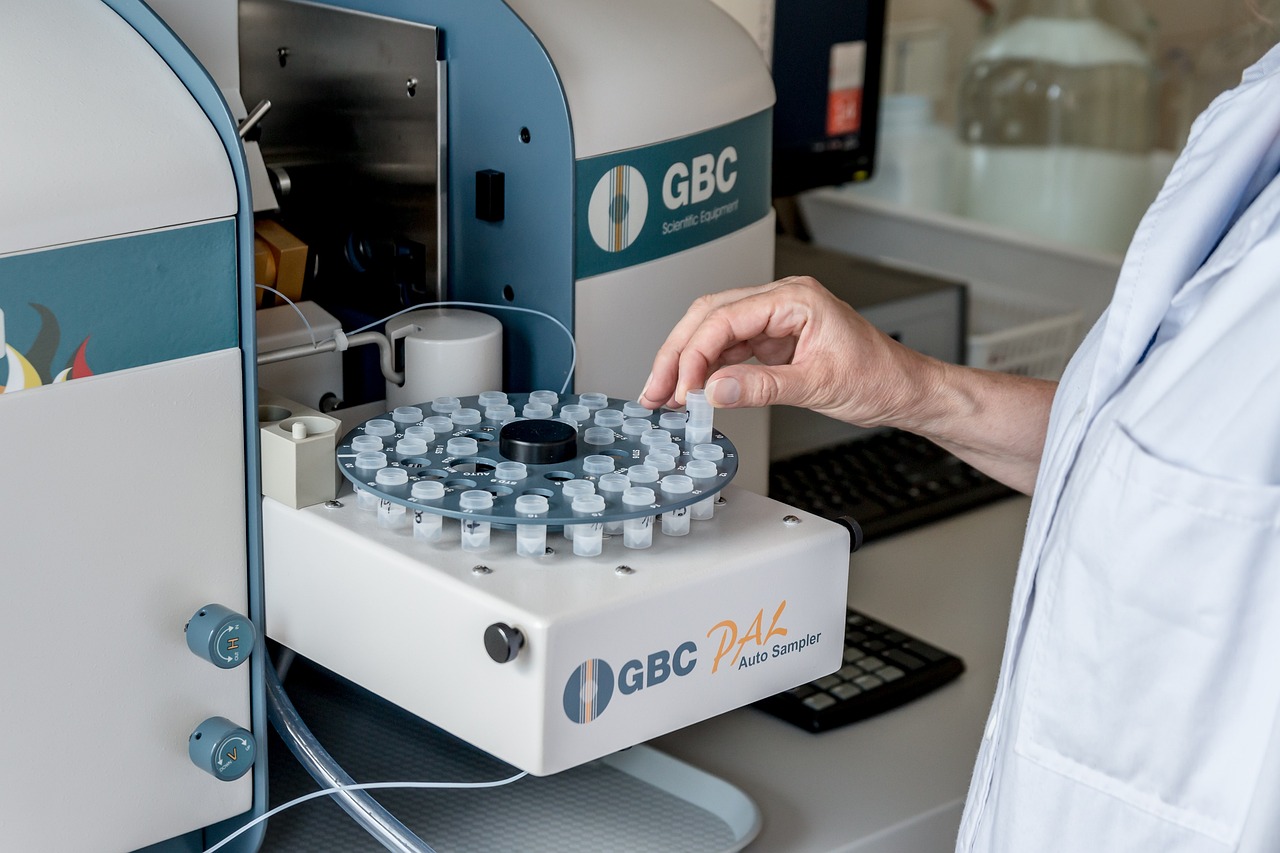The Role of Audiologists in Treating Auditory Closure Issues
11xplay .com, diamondexch999 sign up, skyexchange:The role of audiologists in treating auditory closure issues is crucial in helping individuals improve their hearing and communication abilities. Auditory closure refers to the brain’s ability to fill in missing sounds or pieces of information to make sense of what is being heard. When auditory closure issues arise, individuals may struggle to understand speech, follow conversations, or differentiate between similar sounds.
Audiologists are healthcare professionals who specialize in diagnosing and treating hearing and balance disorders. They play a vital role in addressing auditory closure issues by conducting thorough assessments to determine the underlying cause of the problem. By identifying the specific areas of difficulty, audiologists can tailor treatment plans to address each individual’s unique needs.
One common approach used by audiologists to treat auditory closure issues is auditory training. This involves engaging in exercises and activities designed to improve listening skills and strengthen the brain’s ability to fill in missing information. Audiologists may also recommend the use of hearing aids or assistive listening devices to enhance sound clarity and make speech more easily understood.
In some cases, auditory closure issues may be linked to underlying medical conditions or cognitive disorders. Audiologists work closely with other healthcare professionals, such as otolaryngologists and speech-language pathologists, to provide comprehensive care and ensure that all aspects of the individual’s hearing health are addressed.
Overall, audiologists play a vital role in helping individuals with auditory closure issues improve their communication abilities, enhance their quality of life, and maintain their independence. By providing expert diagnosis, personalized treatment plans, and ongoing support, audiologists are dedicated to helping their patients achieve optimal hearing health.
FAQs:
1. How do audiologists assess auditory closure issues?
Audiologists use a combination of tests, such as speech recognition assessments, audiological evaluations, and cognitive assessments, to determine the extent of auditory closure difficulties.
2. What are some common signs of auditory closure issues?
Common signs of auditory closure issues include difficulty following conversations in noisy environments, mishearing words or phrases, and struggling to understand speech when multiple people are talking at once.
3. Can auditory closure issues be treated?
Yes, auditory closure issues can be treated with the help of audiologists through auditory training, hearing aids, assistive listening devices, and other interventions tailored to the individual’s specific needs.
4. How long does treatment for auditory closure issues typically last?
The duration of treatment for auditory closure issues varies depending on the severity of the problem and the individual’s response to therapy. Audiologists will work closely with patients to monitor progress and adjust treatment as needed.







